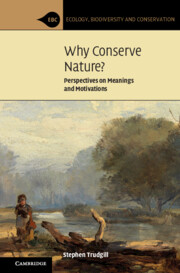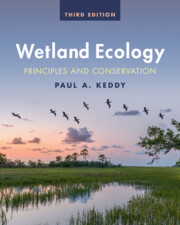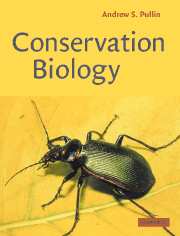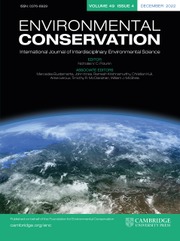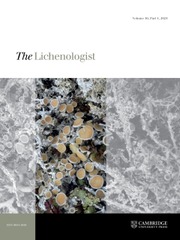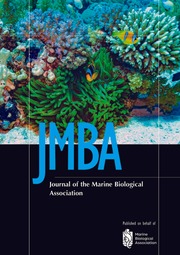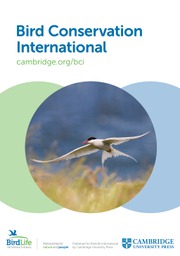Why Conserve Nature?
How we view nature transforms the world around us. People rehearse stories about nature which make sense to them. If we ask the question 'why conserve nature?', and the answers are based on myths, then are these good myths to have? Scientific knowledge about the environment is fundamental to ideas about how nature works. It is essential to the conservation endeavour. However, any conservation motivation is nested within a society's meanings of nature and the way society values it. Given the therapeutic and psychological significance of nature for us and our culture, this book considers the meanings derived from the poetic and emotional attachment to a sense of place, which is arguably just as important as scientific evidence. The functional significance of species is important, but so too is the therapeutic value of nature, together with the historic and spiritual meanings entwined in a human feeling for landscape and wildlife.
- Asks how we have been situated to experience nature and shows how given meanings determine our thoughts and motivations
- Covers ecological science as well as aspects of literature and art and while focusing on nature also acknowledges the importance of human welfare
- Stimulates the reader to think widely and fundamentally about the meanings we find in nature and the reasons we may value nature
Reviews & endorsements
‘… this book will help the … reader to think through their values and their relationship with nature… I encourage the readers … to buy this book, let Trudgill's seminars reshape their thinking, and (re)discover for themselves why we should conserve nature.’ George Holmes, Oryx
Product details
April 2022Hardback
9781108832526
412 pages
235 × 157 × 23 mm
0.81kg
Available
Table of Contents
- Part I. The Experience of Nature:
- 1. The experience of nature
- 2. Climate change
- Part II. Nature Imagined:
- 3. Nature in ecological science: explanations, emotions and motivations
- 4. Nature in literature and art
- Part III. Nature, Self and Place:
- 5. Personal meanings of nature
- 6. Places for nature
- Part IV. Why Conserve Nature?:
- 7. Possibilities.

